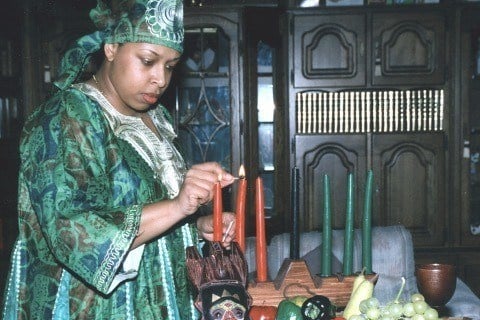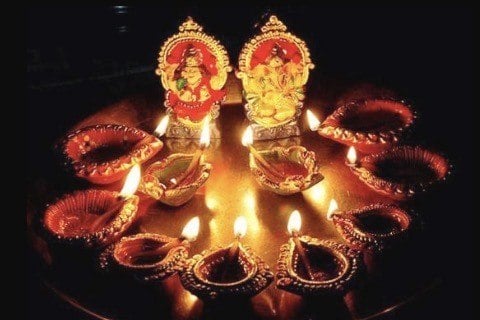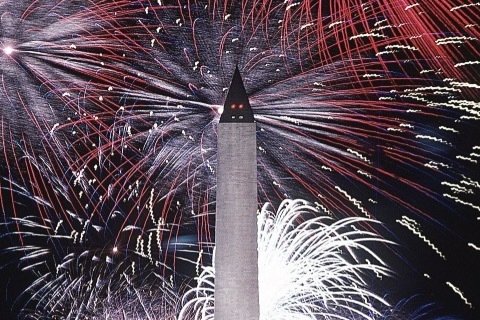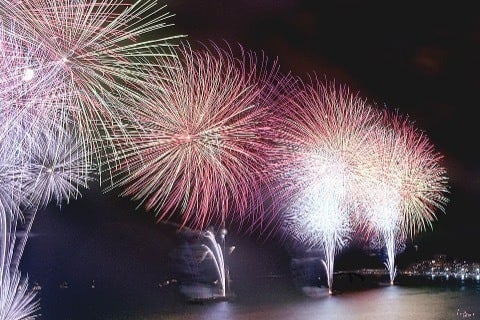
Kwanzaa is an annual celebration of African-American culture that is held from December 26 to January 1, culminating in a communal feast called Karamu, usually held on the 6th day. It was created by Maulana Karenga, based on African harvest festival traditions from various parts of Africa, including West and Southeast Africa. Kwanzaa was first celebrated in 1966.
| Observed by | African Americans, parts of African diaspora |
| Significance | Celebrates African heritage, unity, and culture. |
| Celebrations | Unity, Creativity, Faith, Giving gifts |
| Date | December 26 to January 1 |
| date | December 26 to January 1 |
| Related to | Pan-Africanism |
Acerca de Kwanzaa
Created by Maulana Karenga in 1966 to provide a holiday specifically for celebrating African-American culture and heritage. The holiday has seven principles, known as the Nguzo Sabaunity, and they include unity, self-determination and creativity.
Los logros de Kwanzaa
The name of the holiday comes from Swahili and translates to "first fruits of the harvest." While celebrating the holiday, people are known to wear loose-fitting shirts called Dashiki.
Principales datos que no sabías sobre Kwanzaa
Kwanzaa Category.. Dashiki – a shirt or suit worn during Kwanzaa and other occasions.. American holidays - The schedule of public holidays in the United States is largely influenced by the schedule of federal holidays but is controlled by private sector employers who provide 62% of the total U.S. population with paid time off.. Swahili words and phrases.. Black Power.. Public holidays in the United States.. December observances.. January observances.. African-American culture.
Información más reciente sobre Kwanzaa actualizada el 28 de Julio, 2021.













